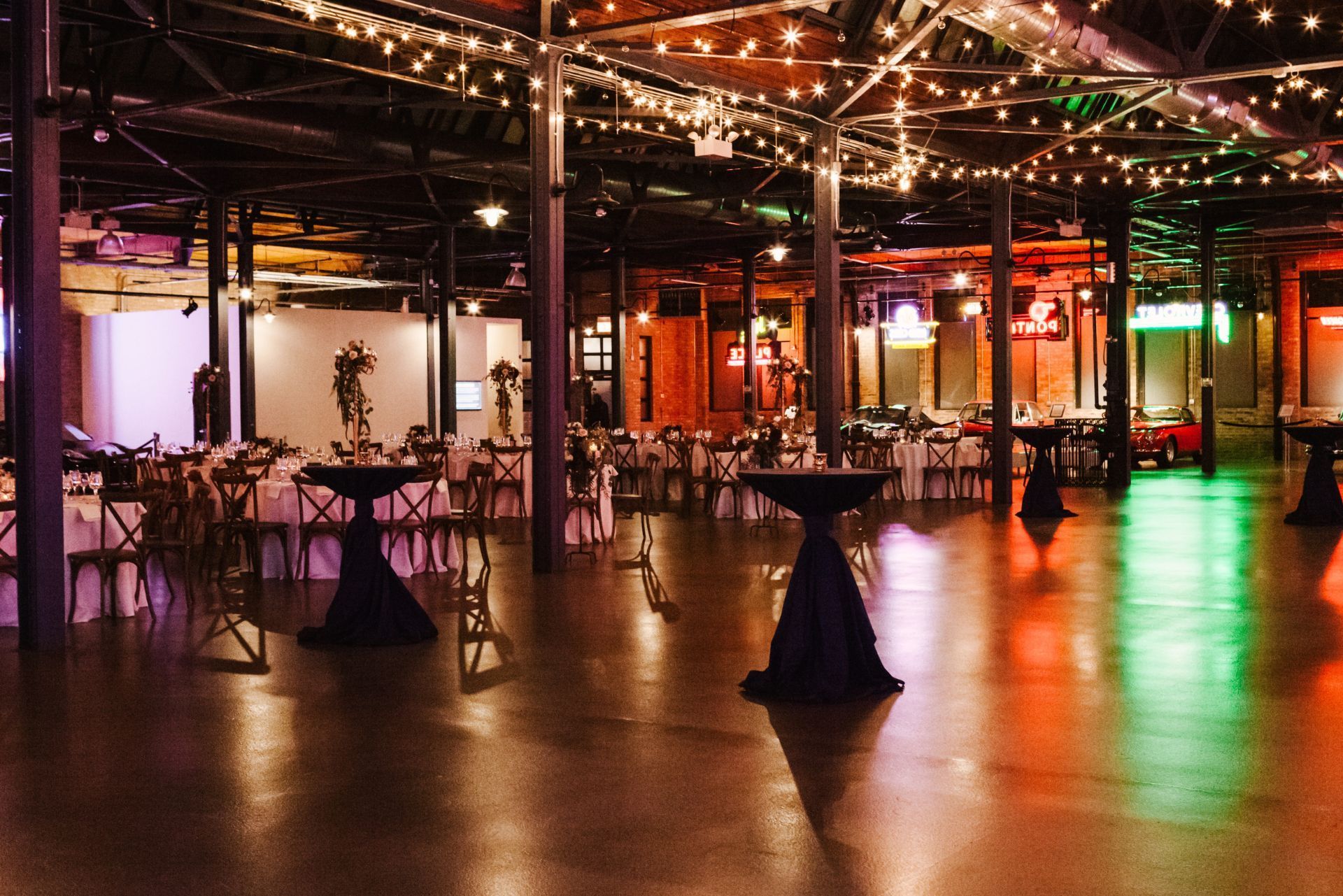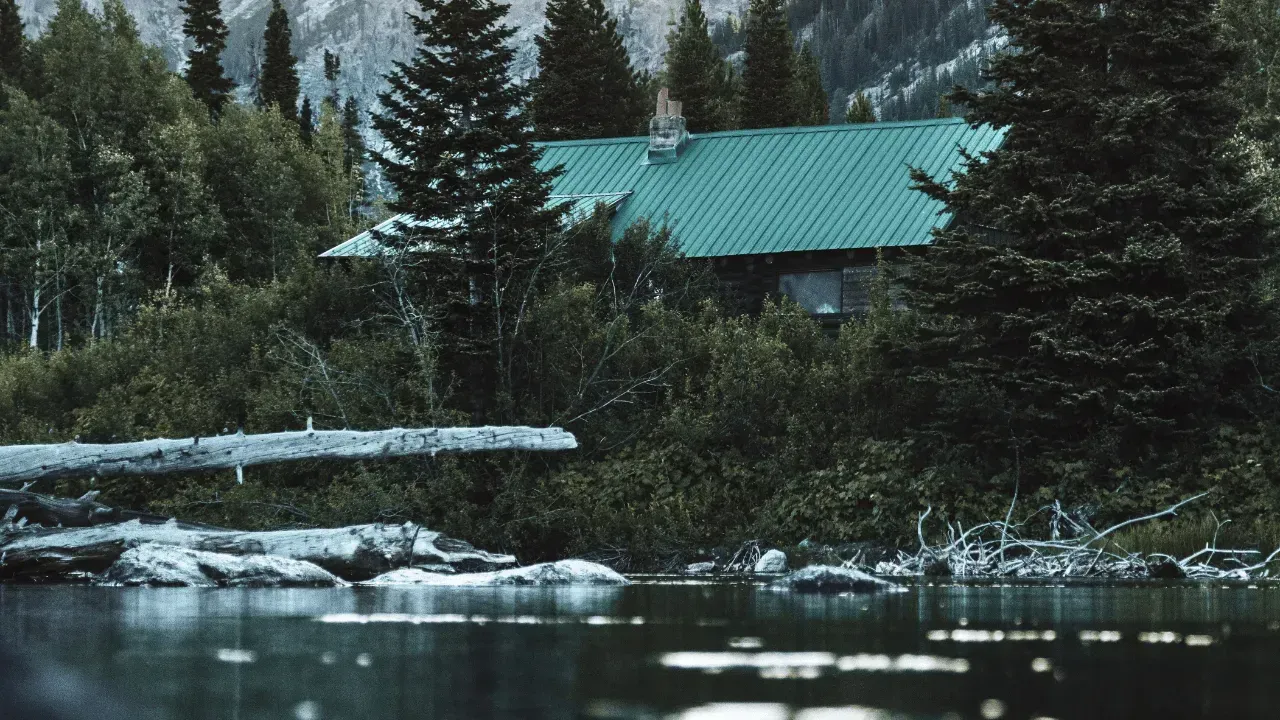Colorado Wedding & Event Venue Insurance

8:30am - 5:00pm Mon-Fri
We'll Reply in 15min*
Index
Contact Us
Phone
303-421-5123
Location
9035 Wadsworth Parkway
Suite 2730B
Westminster, CO 80021
Planning a wedding or event in Colorado can be an exciting yet daunting task. With breathtaking mountain backdrops, charming venues, and a plethora of outdoor options, the state offers a picturesque setting for any occasion. However, amidst the joy of planning, there lies a crucial aspect that often gets overlooked: insurance. Understanding Colorado wedding and event venue insurance is essential for protecting your investment and ensuring a smooth experience. This article will delve into the various facets of venue insurance, helping you make informed decisions.
What is Venue Insurance?
Venue insurance is a specialized type of insurance designed to protect event spaces from various risks associated with hosting weddings and other events. This coverage typically includes liability protection, property damage, and cancellation insurance, among other aspects. For venue owners, having the right insurance is not just a legal requirement; it also provides peace of mind in case of unforeseen circumstances.
When planning an event, whether it's a wedding, corporate gathering, or social celebration, understanding the nuances of venue insurance can save you from potential financial pitfalls. It is essential for both venue owners and event planners to grasp the importance of this coverage and how it can safeguard their interests. Additionally, the landscape of event planning is constantly evolving, with new trends and technologies emerging, making it even more critical to stay informed about the insurance options available.
Types of Venue Insurance
There are several types of venue insurance that cater to different needs. The most common types include:
- General Liability Insurance: This is the most basic form of insurance that protects against third-party claims for bodily injury or property damage that may occur during an event.
- Property Insurance: This covers damage to the venue itself, including any fixtures, furniture, or equipment that may be damaged during the event.
- Cancellation Insurance: This provides coverage for financial losses if an event has to be canceled or postponed due to unforeseen circumstances, such as extreme weather or illness.
Why is Venue Insurance Important?
Having venue insurance is crucial for several reasons. First and foremost, it protects against financial loss. Events can be expensive, and the last thing anyone wants is to face unexpected costs due to accidents or cancellations. Additionally, many vendors and venues require proof of insurance before finalizing contracts, making it a necessary part of the planning process.
Moreover, venue insurance can enhance the credibility of a venue. Couples and event planners are more likely to choose a venue that demonstrates responsibility and preparedness through proper insurance coverage. This not only builds trust but also sets a professional standard within the industry. Furthermore, having comprehensive insurance can also facilitate smoother negotiations with vendors, as it assures them that the venue is well-prepared for any eventualities. In an industry where reputation is everything, showcasing a commitment to risk management can significantly impact a venue's attractiveness to potential clients.
In addition to these benefits, venue insurance can also cover specific scenarios that may not be immediately apparent. For instance, if an event requires the use of specialized equipment or if it involves high-risk activities, having the right insurance can provide additional coverage tailored to those unique needs. This level of customization can be invaluable, ensuring that both the venue and the event are adequately protected against any potential liabilities that may arise.

Understanding Liability Coverage
Liability coverage is a critical component of venue insurance. It protects the venue owner from claims made by guests or third parties who may suffer injuries or damages during an event. This section will explore the different aspects of liability coverage and why it is essential for any event venue. Having a comprehensive understanding of liability coverage not only safeguards the financial interests of the venue owner but also ensures a safer environment for all attendees, thereby enhancing the overall reputation of the venue.
Types of Liability Coverage
Liability coverage can be broken down into several categories:
- Bodily Injury Liability: This protects against claims made by individuals who may be injured on the premises. For example, if a guest slips and falls, this coverage would help cover medical expenses and legal fees. It is crucial for venue owners to ensure that their policies are up to date and adequately reflect the level of risk associated with their specific events.
- Property Damage Liability: This covers damages to property owned by others. If a guest accidentally breaks a piece of equipment or damages the venue's property, this coverage would take care of the costs. Understanding the limits of this coverage can help venue owners make informed decisions about the types of events they host and the necessary precautions to take.
- Liquor Liability: If the venue serves alcohol, this coverage is essential. It protects against claims arising from alcohol-related incidents, such as over-serving guests who then cause harm to themselves or others. This type of coverage is particularly important in venues that host large gatherings where alcohol consumption is likely to be high.
Exclusions in Liability Coverage
While liability coverage is essential, it is equally important to understand its limitations. Most policies have exclusions that may leave certain situations unprotected. Common exclusions include:
- Intentional acts or negligence on the part of the venue owner or employees.
- Claims arising from specific activities, such as fireworks or extreme sports, unless explicitly covered.
- Injuries or damages that occur outside the venue's premises.
Additionally, many insurance policies may not cover incidents that occur due to inadequate security measures or failure to comply with local regulations. This highlights the importance of maintaining a safe environment and adhering to all legal requirements when hosting events. Venue owners should regularly review their insurance policies and consult with insurance professionals to ensure they have the right coverage tailored to their specific needs and risks. By doing so, they can mitigate potential liabilities and create a more secure atmosphere for their guests.
Property Insurance for Event Venues
Property insurance is another vital aspect of venue insurance. It protects the physical assets of the venue, including buildings, furniture, and equipment. Understanding property insurance can help venue owners safeguard their investments and ensure they are prepared for any potential damages. In an industry where the unexpected can occur at any moment, having robust property insurance is not just a safety net; it is a critical component of operational stability.
What Does Property Insurance Cover?
Property insurance typically covers a range of incidents, including:
- Fire Damage: Coverage for damages caused by fire, which can be devastating to any venue.
- Theft: Protection against loss of property due to theft or vandalism.
- Natural Disasters: Depending on the policy, property insurance may cover damages caused by storms, floods, or earthquakes.
Assessing Property Value
To ensure adequate coverage, venue owners must accurately assess the value of their property. This includes not only the building itself but also any furnishings, equipment, and supplies. Regularly reviewing and updating the property value is crucial, especially if significant renovations or purchases have been made. Additionally, owners should consider the depreciation of assets over time, as this can affect the total coverage needed. Engaging a professional appraiser can provide a more precise valuation and help identify any overlooked items that might need coverage.
Moreover, it is essential for venue owners to understand the difference between replacement cost and actual cash value when selecting their insurance policy. Replacement cost coverage will pay to replace damaged items with new ones of similar kind and quality, while actual cash value takes depreciation into account, potentially resulting in a lower payout. This distinction can significantly impact financial recovery after a loss, making it imperative for venue owners to choose the right type of coverage based on their specific needs and circumstances.
Cancellation Insurance: A Safety Net
Cancellation insurance is often an overlooked aspect of venue insurance, yet it can be a lifesaver in certain situations. This type of insurance provides coverage for financial losses incurred if an event is canceled or postponed due to unforeseen circumstances. Whether it's a wedding, corporate event, or festival, the costs associated with planning can be substantial, making cancellation insurance a critical consideration for event organizers.
In addition to protecting financial investments, cancellation insurance can also offer peace of mind. Knowing that you have a safety net in place allows event planners to focus on the details of the event rather than worrying about potential disruptions. This sense of security can enhance the overall planning experience, enabling organizers to be more creative and ambitious with their event concepts.
What Events Are Covered?
Cancellation insurance typically covers a range of scenarios, including:
- Severe Weather: Events canceled due to extreme weather conditions, such as snowstorms or hurricanes, may be covered. This is particularly relevant for outdoor events, where weather can be unpredictable and potentially disastrous.
- Illness or Injury: If the primary event organizer or key participants fall ill or are injured, cancellation insurance can help recoup losses. This aspect is especially important in the context of public health concerns, where unforeseen illness can lead to significant disruptions.
- Venue Damage: If the venue becomes uninhabitable due to fire, flooding, or other damages, cancellation insurance can cover the costs associated with rescheduling or finding an alternative location. This coverage can be crucial in ensuring that the event can still take place, albeit at a different time or place.
How to Choose Cancellation Insurance
When selecting cancellation insurance, consider the following factors:
- Policy Limits: Ensure the policy covers the full cost of the event, including deposits and vendor fees. Understanding the financial implications of your event can help you choose a policy that adequately protects your investment.
- Exclusions: Be aware of any exclusions that may apply, such as cancellations due to pre-existing conditions or lack of attendance. Knowing these details can help you avoid unpleasant surprises later on.
- Provider Reputation: Choose a reputable insurance provider with experience in event cancellation insurance. Reading reviews and seeking recommendations can guide you toward a provider that will be responsive and supportive in times of need.
Additionally, it’s wise to assess the specific needs of your event. For instance, larger events may require more comprehensive coverage due to the higher stakes involved, while smaller gatherings might benefit from more tailored policies. Engaging with an insurance broker who specializes in event coverage can also provide insights into the best options available for your unique situation. They can help you navigate the complexities of cancellation insurance, ensuring you select a plan that aligns with your event's scale and potential risks.

Cost of Venue Insurance in Colorado
The cost of venue insurance can vary significantly based on several factors, including the type of coverage, the size of the venue, and the specific risks associated with the location. Understanding these factors can help venue owners budget appropriately for their insurance needs.
Factors Influencing Insurance Costs
Several factors can influence the overall cost of venue insurance:
- Location: Venues located in high-risk areas, such as those prone to natural disasters, may face higher premiums.
- Type of Events: Venues that host high-risk events, such as concerts or large gatherings, may require more extensive coverage, impacting costs.
- Claims History: A venue with a history of insurance claims may face higher premiums due to perceived risk.
Average Costs
On average, venue insurance can range from a few hundred to several thousand dollars per year. Smaller venues may pay around $500 to $1,500 annually, while larger venues or those hosting high-risk events may see costs exceeding $5,000. It's essential to obtain quotes from multiple providers to find the best coverage at a competitive price.
How to Obtain Venue Insurance
Obtaining venue insurance involves several steps, from assessing coverage needs to selecting a provider. This section outlines the process to ensure venue owners can navigate it smoothly.
Assessing Coverage Needs
The first step in obtaining venue insurance is assessing the specific coverage needs. Venue owners should consider factors such as:
- The size and capacity of the venue.
- The types of events hosted.
- The location and associated risks.
- Researching Insurance Providers
Once coverage needs are identified, the next step is to research insurance providers. Look for companies that specialize in event and venue insurance, as they will have a better understanding of the unique risks involved. Reading reviews and seeking recommendations from other venue owners can also provide valuable insights.
Comparing Quotes
After narrowing down potential providers, it's time to obtain quotes. Comparing quotes from multiple insurers can help identify the best coverage options at competitive rates. Pay attention to the details of each policy, including coverage limits, exclusions, and deductibles.
Common Misconceptions About Venue Insurance
Despite its importance, there are several misconceptions surrounding venue insurance that can lead to misunderstandings. Addressing these misconceptions can help venue owners make more informed decisions.
Myth: Venue Insurance is Optional
Many venue owners believe that insurance is optional, but this is a dangerous misconception. In reality, having adequate insurance coverage is essential for protecting against potential liabilities and financial losses. Most vendors and clients will require proof of insurance before proceeding with contracts.
Myth: All Policies are the Same
Another common misconception is that all venue insurance policies provide the same coverage. In reality, policies can vary significantly in terms of coverage limits, exclusions, and specific protections. It's crucial for venue owners to thoroughly review policy details and understand what is and isn't covered.
Conclusion
In conclusion, understanding Colorado wedding and event venue insurance is vital for both venue owners and event planners. From liability and property insurance to cancellation coverage, each aspect plays a crucial role in protecting investments and ensuring a smooth event experience. By assessing coverage needs, researching providers, and comparing quotes, venue owners can secure the right insurance to safeguard their businesses.
As the event industry continues to evolve, being proactive about insurance coverage will not only provide peace of mind but also enhance the overall reputation of the venue. With the right insurance in place, venue owners can focus on what truly matters—creating unforgettable experiences for their clients.




